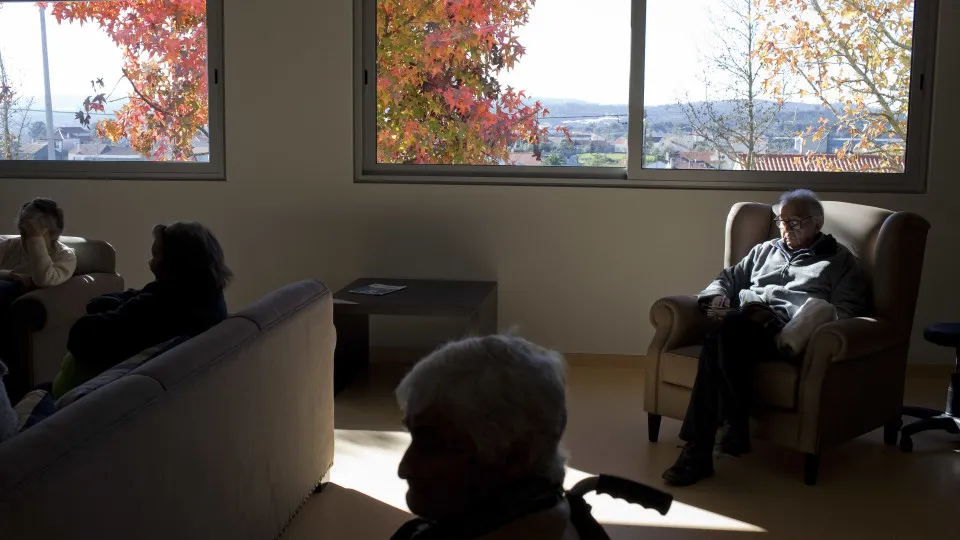
The Ministry of Health has responded to concerns raised last week by the National Association of Continuing Care (ANCC), which estimated that over 100 million euros from the Recovery and Resilience Plan (PRR) would be wasted due to missed deadlines on certain projects. The Ministry stated that institutions cannot claim delays in notice issuance or application assessments as reasons for missing deadlines, as they signed contracts after these announcements and evaluations were made.
“According to the ACSS [Central Administration of the Health System], social institutions signed contracts with the ACSS within the framework of the PRR, setting the completion of projects related to creating new beds under Continuing Care by June 30, 2026. Since the contracts were signed after the Notices and Analyses of applications, any delay in issuing the Notice or in the evaluation of applications can never be invoked to justify missing the contractual deadline,” the Ministry’s response stated.
Last week, the ANCC’s president expressed concerns that more than 100 million euros allocated to this sector would be wasted due to “enormous delays,” with projects not completing on time. He criticized the government for encouraging units to begin works despite knowing about significant delays.
José Bourdain, the ANCC president, cited the example of Sintra municipality, where his institution applied for 143 long-term care beds—the type most needed—and 30 spaces in an autonomy promotion unit.
“For my institution alone, there were 173 vacancies, and with five other entities applying, there are over 400 in Sintra. None have commenced,” he lamented, adding, “I would say it is the most disadvantaged municipality in the country.”
He acknowledged that the current government inherited “enormous delays” from the previous administration but argued that “it could have been resolved by implementing a different dynamic, but it hasn’t been.”
Bourdain criticized the late issuance of notices and late evaluation of applications, stating, “It launched the notices too late, analyzed applications too late, yet encouraged the units to apply and proceed.”
When questioned, the Ministry of Health reminded that contracts include a clause requiring the return of funding if deadlines are not met. They added that, so far, some beneficiaries have requested contract termination due to the inability to complete projects on time.
Currently, there are 6,899 contracted beds/spots with the private and social sectors, with noted project withdrawals concerning 876 of these beds/spots.
In his statements, Bourdain also emphasized unit underfunding, noting, “Even with the increase in funding per square meter of construction, the amount is insufficient.”
In response, the Ministry stated that the funding per bed/spot is legally defined and public, and it is up to beneficiaries to “adjust project costs to the PRR amount or use their own capital for larger projects.”
They added that the PRR has already met a significant goal in strengthening the capacity of the National Network of Integrated Continuing Care and the National Network of Palliative Care, particularly in home care, with 1,376 new spots created in home care teams.




